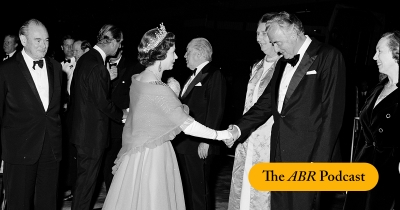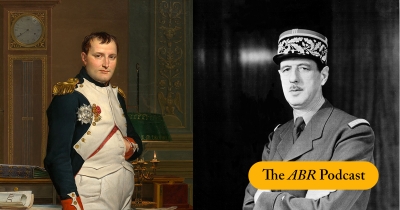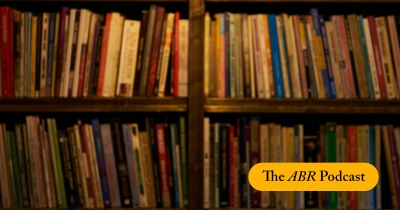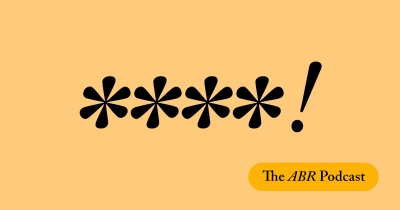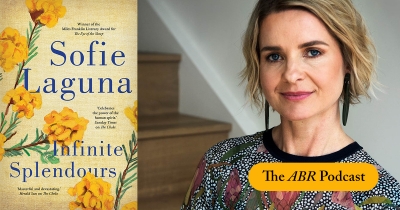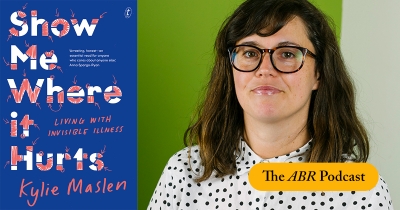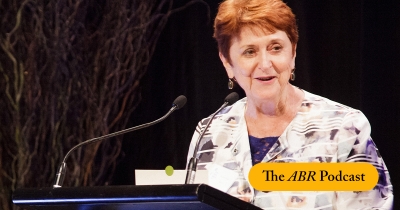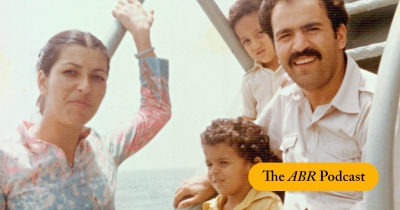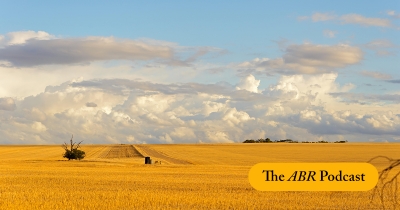The ABR Podcast
Earlier this year, the National Archives of Australia – after an epic legal battle – finally released the Palace Letters, a substantial cache of correspondence shedding light on the involvement of Buckingham Palace in the lead-up to the dismissal of Gough Whitlam in 1975. In today's episode, Jon Piccini talks with Peter Rose about two new books that interrogate the significance of the letters: The Truth of the Palace Letters by Paul Kelly and Troy Bramston, and The Palace Letters by Jenny Hocking. Piccini reviews both titles in his review in our upcoming January–February issue.
... (read more)Napoleon Bonaparte and Charles de Gaulle are two of the most polarising figures in French history. In today’s episode, Peter Rose talks to leading historian Peter McPhee about Patrice Gueniffey’s new book on the lasting impact of these two leaders and the French people’s fascination with ‘great men’.
... (read more)
In today's episode, Peter Rose talks to writers Beejay Silcox and Billy Griffiths about what they’ve been reading during this tumultuous year. They also speculate about some highlights of 2021. For those looking for a more extensive listing of this year's finest works, our Books of the Year features more than 30 different ABR critics nominating their favourite releases.
... (read more)Amanda Laugesen, historian and lexicographer, is director of the Australian National Dictionary Centre at the ANU. In her latest book, the evocatively titled Rooted, Amanda considers the bountiful history of bad language in Australia. Her column in the December issue of ABR is devoted to the quaint old euphemism. Amanda talks about the inventive ways in which writers and editors have tried to placate the censor while also celebrating profanity.
... (read more)In today's episode, Amy Baillieu speaks to Nicole Abadee about Sofie Laguna's latest novel, Infinite Splendours. In her November issue review, Abadee reflects that Laguna 'does not shy away from confronting subject matter' and notes that Infinite Splendours represents 'new territory' for Laguna as it follows protagonist Lawrence from childhood into adulthood. Baillieu and Abadee also discuss Abadee's own podcast Books Books Books.
... (read more)Kylie Maslen's début essay collection, Show Me Where It Hurts, is an intimate exploration of living with chronic illness. Maslen describes her own experiences with the invisible illness she has lived with for the last twenty years, delving into its daily reality while incorporating music, literature, television, film, online culture, and more. Kate Crowcroft, who reviews the book in ABR's November issue, describes it as 'essential reading for those of us with the privilege of having a body that behaves itself'.
... (read more)In today's episode, Joshua Black reads his tribute to former Labor senator Susan Ryan, featured in our November issue. Ryan was a historic figure in Australian politics: she was the first woman from the ALP to serve in cabinet, and cemented her legacy with the Sex Discrimination Act (1984) – which prohibited sexual discrimination in the workplace. Here, Black recounts his interview with the pioneering politician only weeks before her death on 27 September 2020.
... (read more)In today's episode, Hessom Razavi – the ABR Behrouz Boochani Fellow – speaks to Peter Rose about his essay 'Failures of imagination: From Tehran’s prisons to Australia’s immigration detention centres', which appears in the November issue. Hessom's essay offers a powerful reflection on the experiences that led to his family fleeing Iran to escape political persecution. Navigating the 1979 Islamic Revolution, political rebellion, and tragic family disappearances, Razavi examines the similarities between Australia’s immigration detention centres and the political prison he visited as a boy – and contemplates how easily the detainees’ fate might have been his own.
... (read more)Is it possible to parse Australian writers by states and territories? In today's episode, Tony Hughes-d'Aeth – Chair of Australian Literature at the University of Western Australia – speculates about new ways of contemplating Australian writers through the lens of regionalism. As he writes in his upcoming essay 'Thinking in a regional accent: New ways of contemplating Australian writers': 'Yes, we are divided into states and territories, but are these anything other than lines on a map, drawn with a ruler and a set square, and the occasional river? The contrast between the political map of Australia and the now iconic AIATSIS map of Indigenous Australia graphically exposes the poverty of the Australian regional imagination and the essential irreality of our territorial demarcations. More particularly, for someone like me, is it right to conceive of Australia in terms of literary regions?'
... (read more)Whatever we might think of him, Donald Trump has proven to be one of the most transformative figures in recent history. In today's episode, Timothy J. Lynch talks to ABR Editor Peter Rose about three new and highly critical books on Trump: Too Much and Never Enough by Mary Trump, A Very Stable Genius by Philip Rucker and Carol Leonnig, and The Room Where It Happened by John Bolton. As Lynch writes in his review, 'There is a paradox that these books illustrate but cannot resolve: why is a man so chaotic, so reviled, so malignant also so transformational?’
... (read more)
